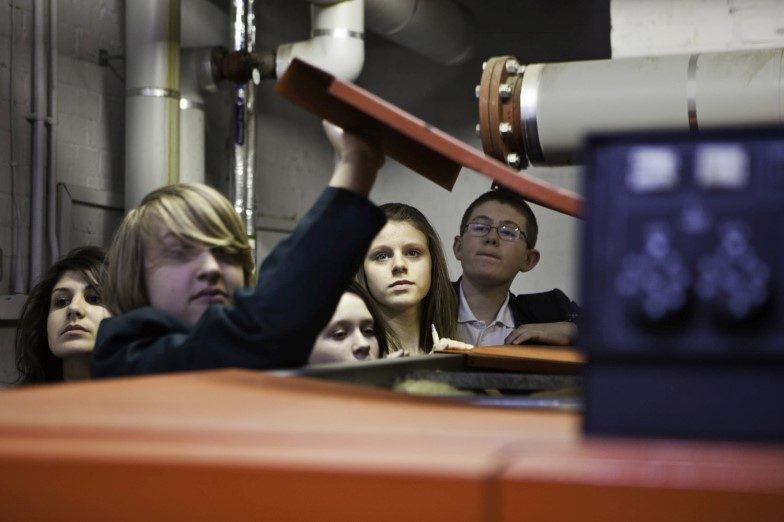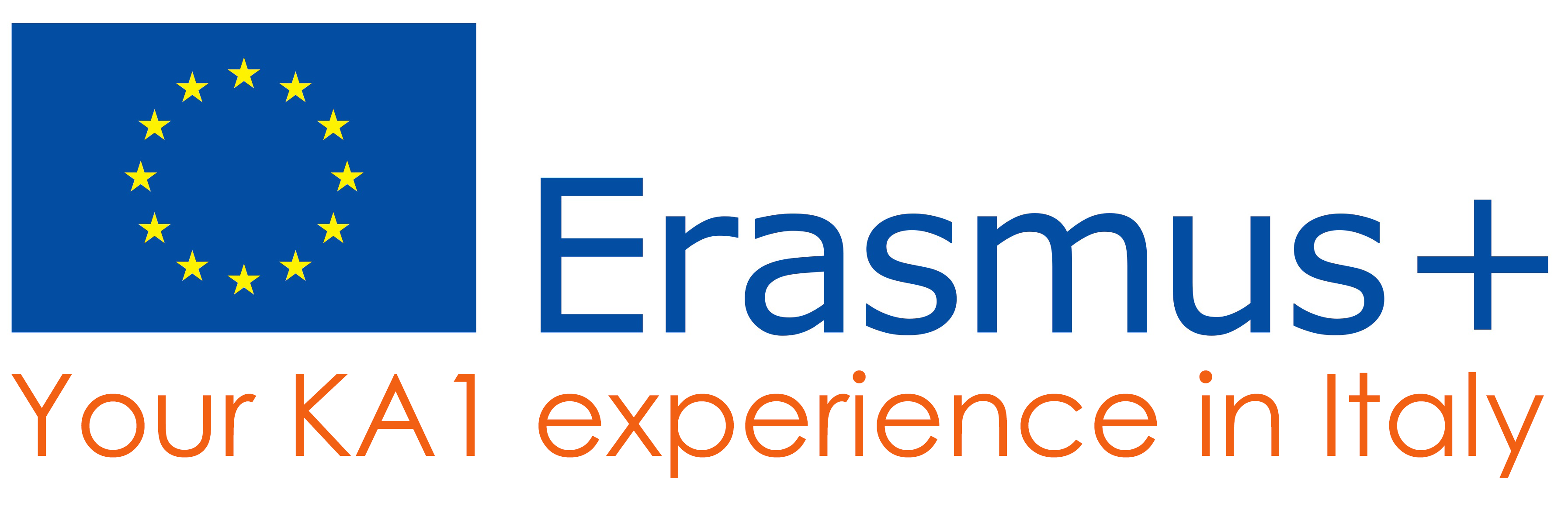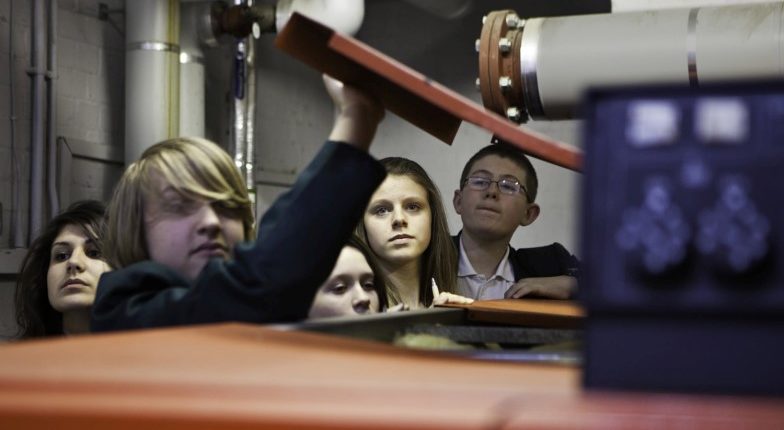SUSTAINABLE DEVELOPMENT
SUSTAINABLE ENERGY MANAGEMENT AT SCHOOL
METHODOLOGY
The training methodology will simulate the activities of an Energy Management Team (EMT) composed of students with the role of investigating the current situation with regards to energy use in school buildings and cooperate to improve it. Three tests or surveys will be carried out by the EMT:
- The perceptive survey, which investigates how people perceive their working environment and how it makes them feel. The results of this survey will help to provide key areas of focus for…
- The critical survey, which will look at the equipment and energy-related behavior in each area of the school.
- The analytic survey, which will produce an energy balance for the school buildings and can be used to test the effectiveness of possible recommendations made as a result of the critical survey.
The EMTs then analyses the results of each of these surveys and use the findings to produce a report detailing the current situation in the school and providing recommendations for how the energy efficiency of the school can be improved. This should be followed by an energy efficiency campaign through which energy-saving behavior can be promoted.
LEARNING OUTCOMES
- Energy sustainability of buildings;
- Energy analysis of school buildings;
- Action plan to improve energy efficiency;
- e-Learning and Moodle platforms;
- Open Educational Resources in Energy Management for students of secondary vocational schools.
PROGRAMME
All our courses are offered in a basic (6 days – 20 hours) or advanced edition (12 days – 40 hours).
BASIC COURSE
DAY 1
DAY 2
DAY 3
DAY 4
DAY 5
DAY 6
ADVANCED COURSE
DAY 7
DAY 8
DAY 9
DAY 10
DAY 11
DAY 12

Venue
Resources

Here below you can download all the additional and support resources for the implementation of the sem@schools.eu activities.
- Teachers’ guide
- Students’ guide
- Training guide for students and staff
- Perceptive survey form
- Critical survey form
- Critical survey students’ guidance
- Critical survey training presentation
- Analytic survey guide
- Analytic spreadsheet
- sem@schools.eu Report Template
- Sample School Energy Report
- School Energy Team presentation template
- Energy Awareness Campaign Guide
- OERs Platform users’ guidelines
For more information and translated version of these resources visit www.sematschools-oers.eu




